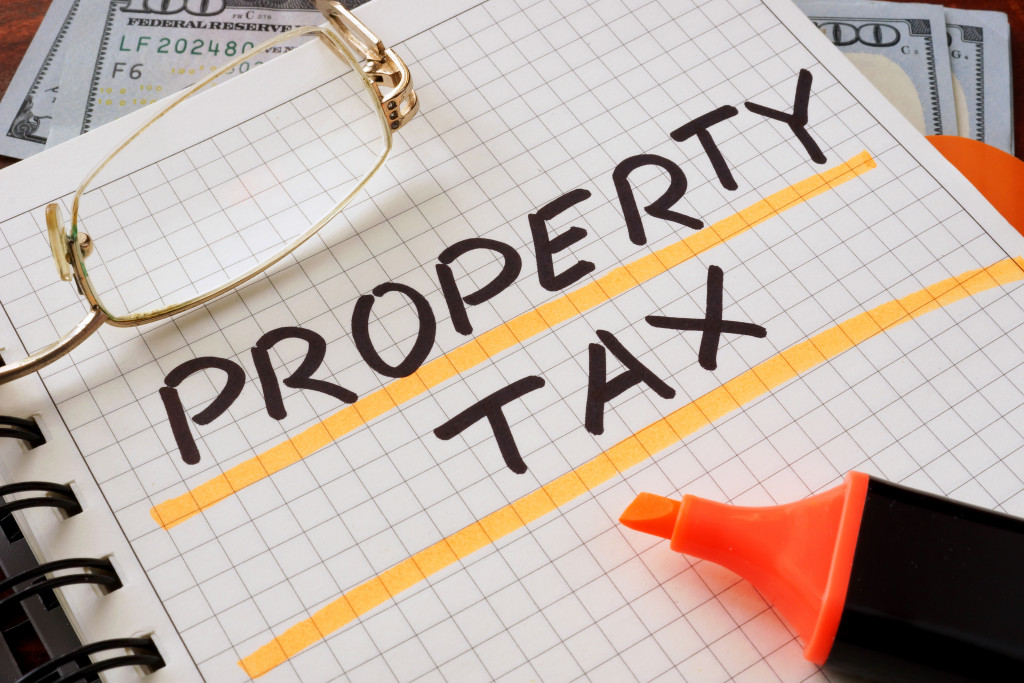If you’re like most people, you dream of owning your own home. It’s the American dream. But before you take the plunge and buy a house, there are a few things you need to know.
If you’re a first-time homebuyer, then you’re in luck as you have access to a variety of programs and incentives that can help them buy their first home. You may qualify for these benefits even if you don’t meet certain criteria, so be sure not to miss out.
First-time homeowners are eligible in many cases simply by being new at it — there’s no need for 20% down or credit problems; as long as they live within the city limits where the home exists.
But before you start with your house-viewing tips, read our tips to know what to look for when buying a house, and how to get the best deal possible.
-
Learn about what a mortgage is and how it works
One of the most important things you need to know before buying a house is what mortgage means and how it works.
A mortgage is a contract between you and your bank for the use of capital. It allows someone to buy something, like real estate investment properties as they can take out loans from different lenders with interest rates as low as possible (or even zero).
-
Find out how much house you can afford
It’s important to know your budget when buying a house.
If you’re going into the process without any idea of how much money is available for down payment or mortgage payments then it’ll be difficult knowing what type might fit within those parameters — which can lead to regret later on.
-
Be clear about the down payment
It’s important to know how much of a down payment you’ll need for your dream house before looking. The amount varies depending on the credit history and type. But it will usually range from 10 percent to 20 percent of the listed price.
A little research can go a long way when finding out what kind of mortgage would work best with both time constraints as well financial resources available
-
Be aware of closing costs
Another thing you need to know before buying a house is closing costs. These can include anything from transfer taxes, title insurance, and professional fees for attorneys or lenders at closing.
These are all paid in cash by your agent after they’ve received an escrow check from each party’s bank account as their release fee.
The escrow process is a great way to protect the buyers and sellers alike. In a typical real estate transaction, the buyer and seller agree to an escrow. The third party holds on to their money or property until there’s been some sort of fulfillment (such as signing for your new house). It helps protect you through every step in this process because if anything goes wrong at any point then they can end up getting refunded.
-
Get a home inspection done
A home inspection is one of the most important things to do before buying a house because it can save you from expensive repairs later on.
The last thing you want to do is buy a house only for it later turn out not to be safe. A home inspection will tell if there are any potential health risks in the building, like Legionella bacteria counts that could make people sick or worse yet kill them. Though Legionella risk assessments and water systems are available, you don’t want to learn about these kinds of problems after you’ve bought the property.
The person conducting this inspection will look for problems that could be costly or even dangerous in nature.
-
Know your property taxes

Make sure you know what property taxes are before buying your next house. Property tax is a fee that every homeowner pays to maintain and operate the local government services in their area, like schools or roads — it doesn’t cover anything else (like police).
You might not think that property taxes will have an impact on your decision to buy or lease a home, but you should know about them before making any commitments. Property owners are responsible for paying the annual fee unless you plan on renting out the place.
Final Thoughts
The decision to purchase a home is one of the most important and life-changing decisions you will ever make. Whether you are buying your first or tenth house, it pays to do some research about what factors can affect how much money you have for a down payment, closing costs, mortgage interest rates and taxes on property ownership, among others.
